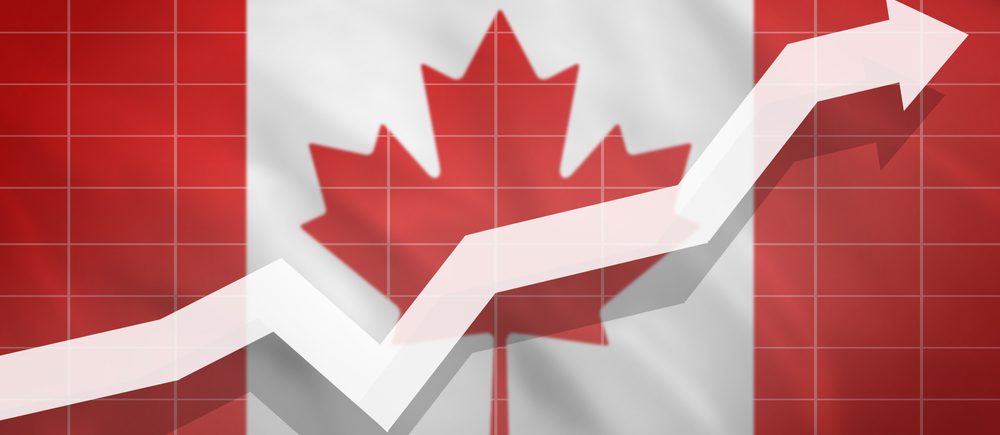On Monday, Canadians head to the polls to choose between the Liberals led by Prime Minister Justin Trudeau and the Conservative Party led by Erin O’Toole. Direct voting between the two parties is volatile. Still, a repeat of 2019 is likely when the Liberals lost the parliamentary majority and the popular vote but won the most seats and remained in office as a minority government with informal cooperation with the NDP, who won the popular vote.
2019 results: Liberals 157 seats (currently 155) popular vote 33.12%; Conservatives 121 seats (currently 119) popular vote 34.34%; Bloc Quebecois 32 seats (currently 32), popular vote 7.63%; New Democratic Party 24 seats (currently 24), popular vote 15.98%. Popular vote count is nationwide.
The market is not expecting a strong reaction to that election; Prime Minister Trudeau launched his election campaign in mid-August and is seeking a third term. Trudeau has come under heavy pressure to explain why he called an election during the pandemic period, but Trudeau is proving that Canadians will reward the Liberal Party for their performance in dealing with the pandemic, the Canadian vaccination rate is considered to be one of the highest in the world.
In the same vein, support for the People’s Party of Canada (PPC), a relatively new federal party with only 1.6% of the vote share and no seats, has been growing last time around.
The surge of support came after its populist leader, a former Conservative MP, exploited vain anger over vaccine mandates and lockdown measures. The PPC’s vote results are now settling at around 6%.
In the campaign’s final days, both Trudeau and O’Toole warned supporters who might be inclined to support the NDP or the MPC that the vote could be split in major elections.
Against the backdrop of this heated election race, the USD/CAD pair rose 0.3% to 1.2810, with the oil-sensitive Canadian dollar hurt by lower oil prices on Monday as well as political uncertainty ahead of the elections as polls suggest that Prime Minister Justin Trudeau will remain the leader of the minority government.
 Noor Trends News, Technical Analysis, Educational Tools and Recommendations
Noor Trends News, Technical Analysis, Educational Tools and Recommendations





